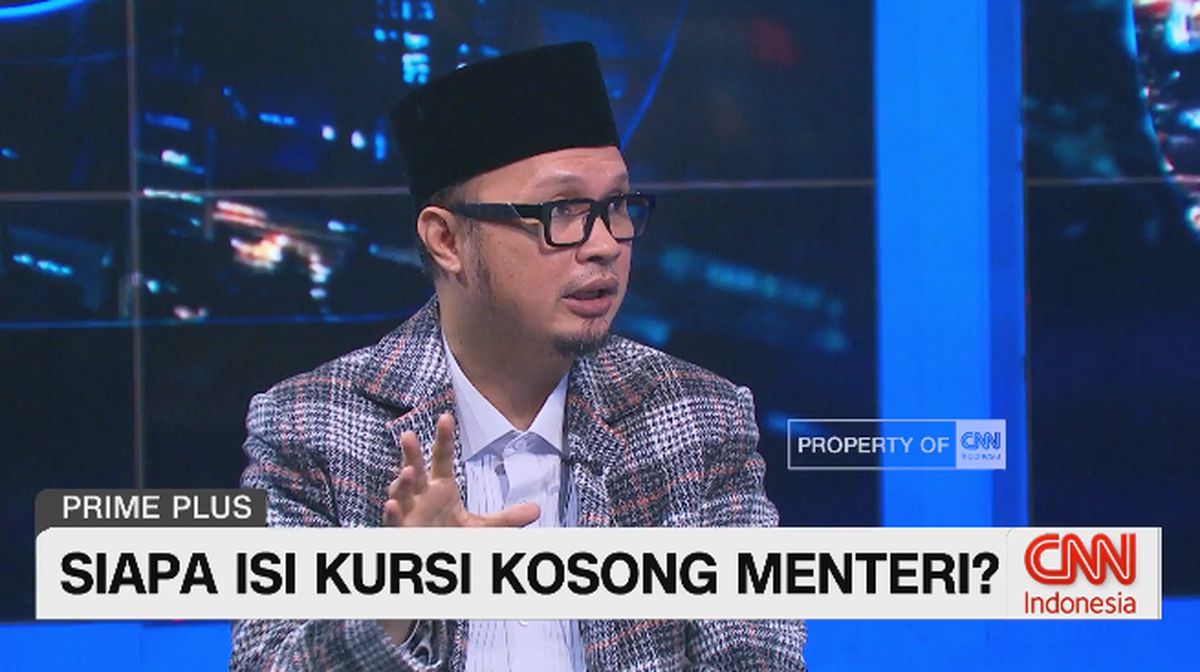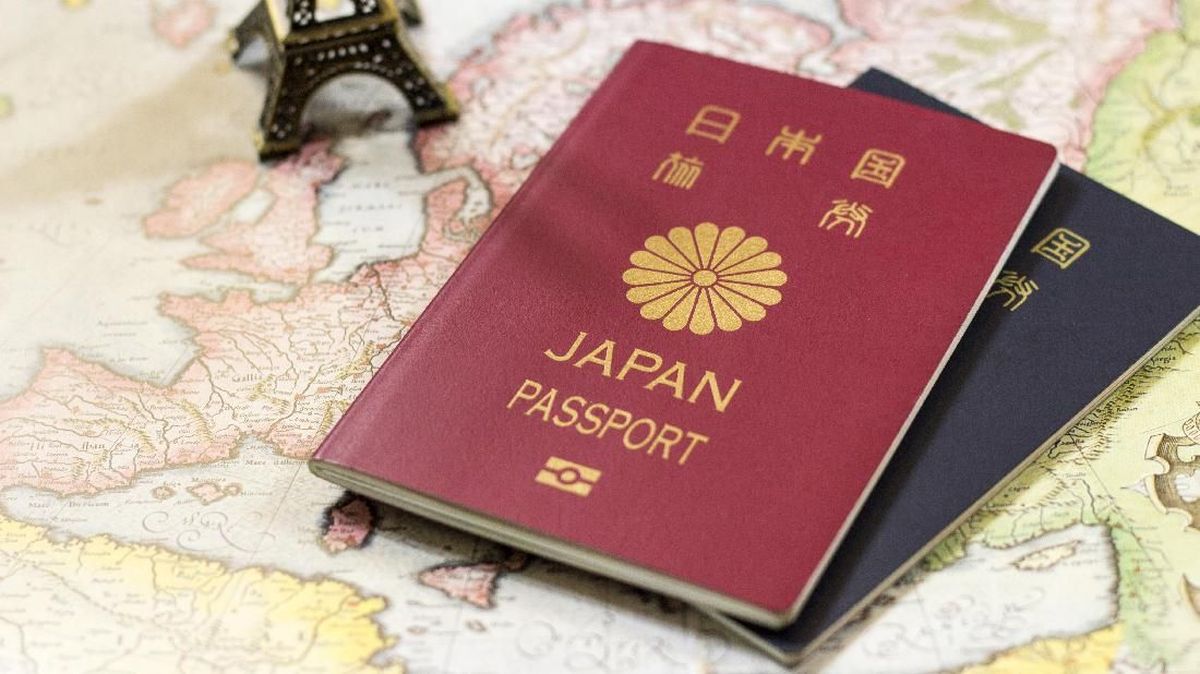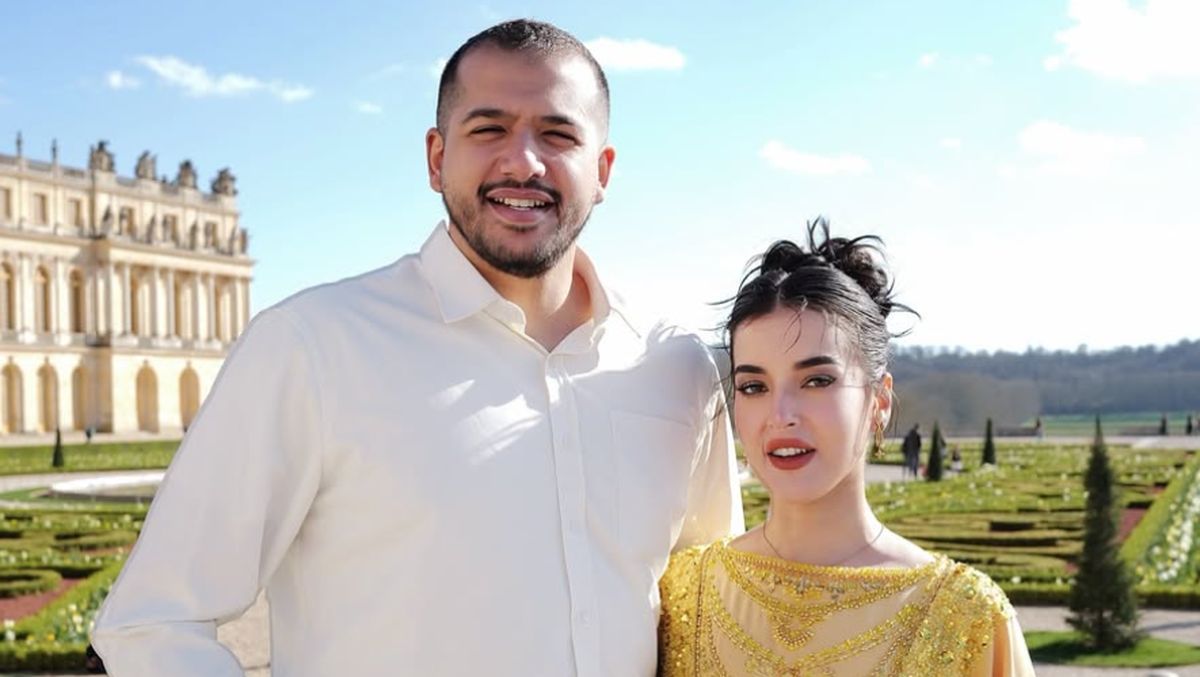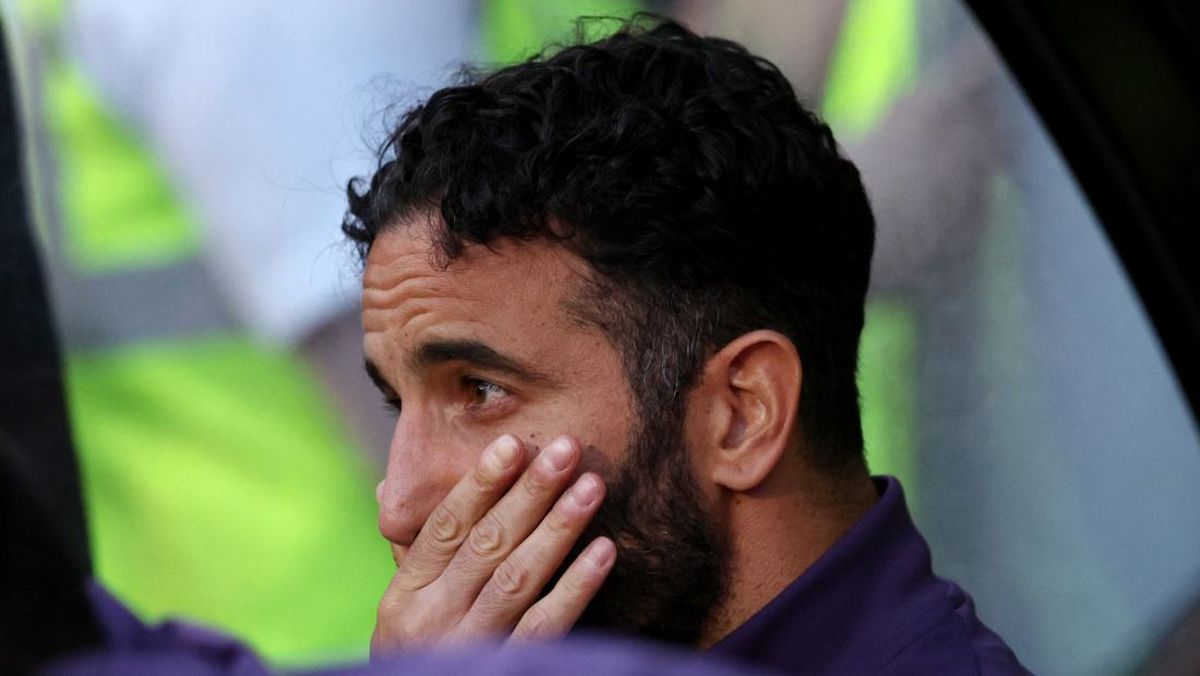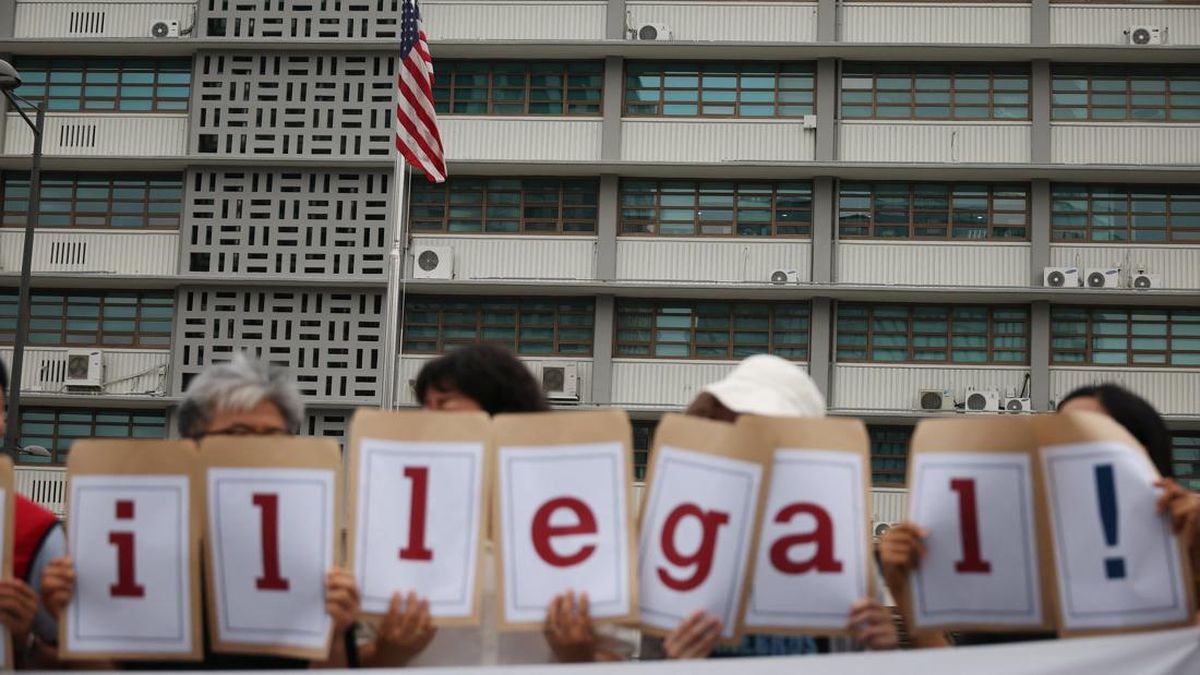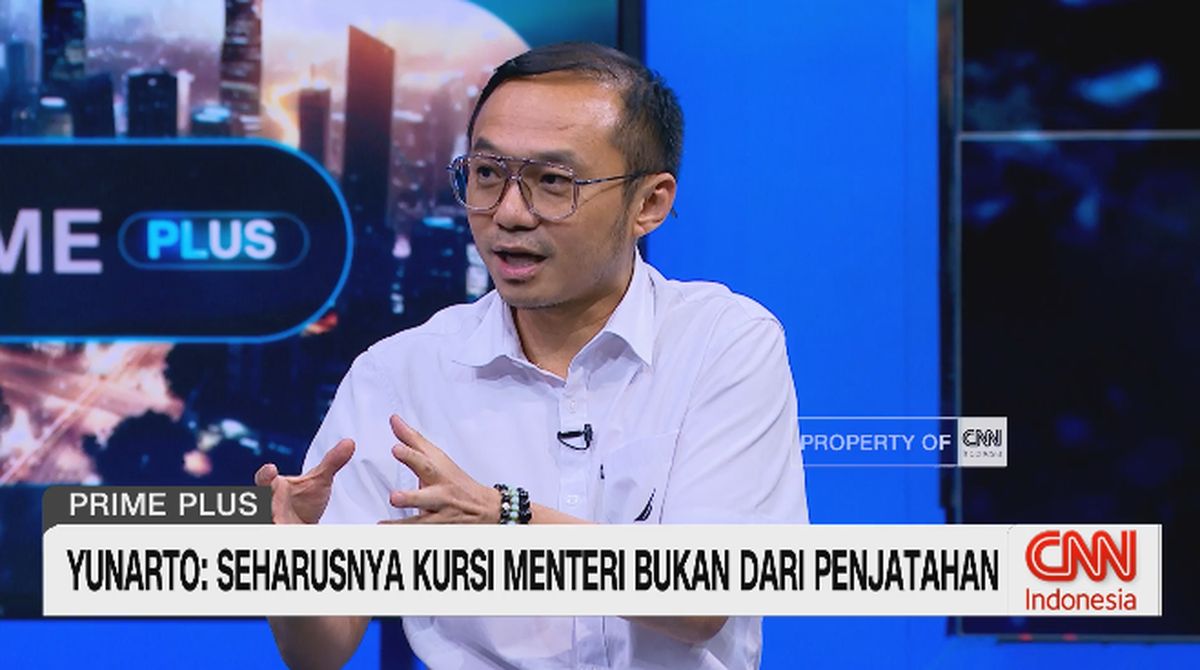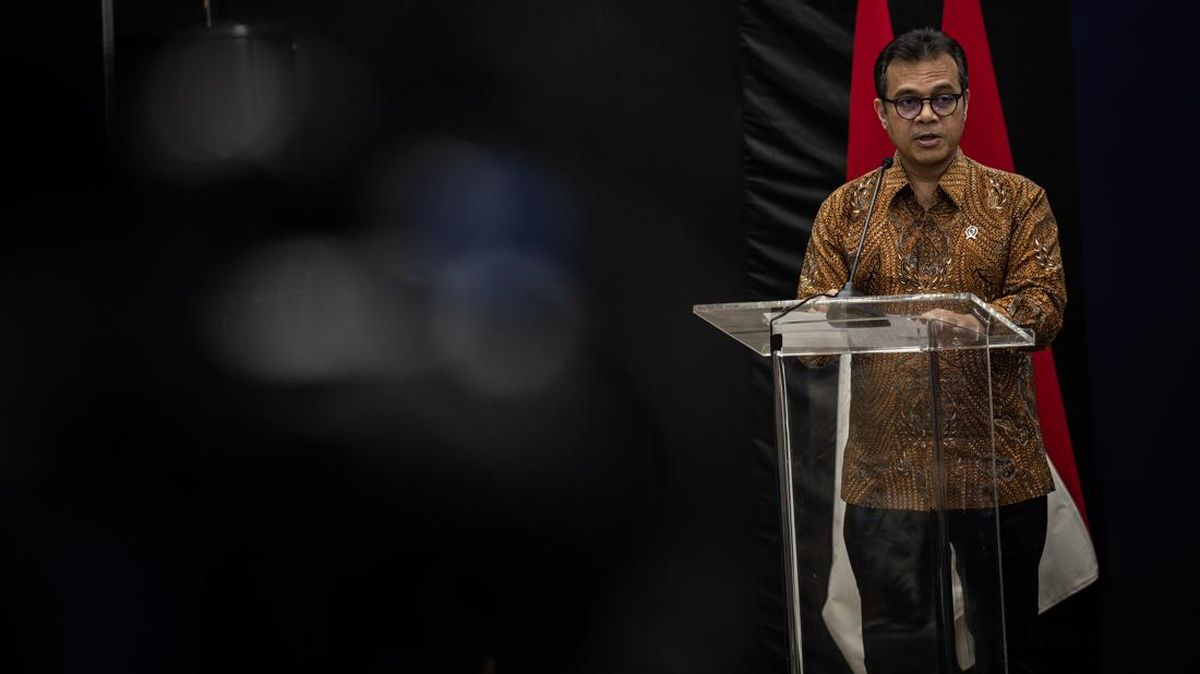Plans to drastically slash the amount that art and music therapists can charge through the ballooning National Disability Insurance Scheme have been shelved, as an independent review found the treatments were effective and beneficial for people with disabilities.
The review into the alternative therapies, led by health economist Stephen Duckett and released on Wednesday, found the practices were “effective and beneficial in the right circumstances”, a statement at odds with claims last year from the National Disability Insurance Agency that there was limited evidence about the treatments’ efficacy.

An NDIS participant in a music therapy session.Credit: Wolter Peeters
The amount providers can charge will fall by 20 per cent, from $194-per-hour to $156, after the review found the current charge was “too high” and should fall in line with the cost for counselling services.
While providers will see a cut to their bottom line, the change is less drastic than the 65 per cent reduction announced last year by the former NDIS minister Bill Shorten, which would have slashed charges to just $68 an hour.
The independent review into the therapies was established following a campaign from aggrieved parents, participants and providers that feared the announced cut to rates was more about rehabilitating the scheme’s social license than caring for patients.
Disability Minister Mark Butler last month announced a plan to cut the growth of the NDIS from around 11 per cent per year to 5 or 6 per cent, to ensure the scheme remained sustainable and received continued support from the public.
“Eligible participants who access art and music therapy can be confident that they are being supported by qualified therapists, recognised by a professional association,” NDIS Minister Jenny McAllister said in a statement following the report’s release.
“We’re also making sure that the price of therapies is in line with the cost of other government services, so people with disability aren’t paying a higher price than other Australians.”
In 2023-24, the NDIS supported 6788 participants for art therapy, and 7217 for music therapy at a combined cost of $29.7 million. There were 600 people who used both services.
Loading
Art and music therapy can assist in co-ordination, physical function, memory and emotional regulation. Participants both create and observe art and music in sessions to assist their development.
Art and music therapists are not registered as health professionals in Australia. For practitioners to provide support under the NDIS, they must hold a master’s degree in their field and be approved by their profession’s respective peak bodies.
The review recommended that art and music therapies be removed from “other professional” line items in the NDIS, which have a higher maximum rate, to avoid providers flouting the system.
People with Disability Australia acting-CEO Megan Spindler-Smith said the review of the therapies was a “stressful period for many” people.
“We are pleased that the outcome of the review is that art and music therapy is recognised as essential, effective and life changing, and will remain a funded NDIS support for some participants,” she said.
Cut through the noise of federal politics with news, views and expert analysis. Subscribers can sign up to our weekly Inside Politics newsletter.
Most Viewed in Politics
Loading

